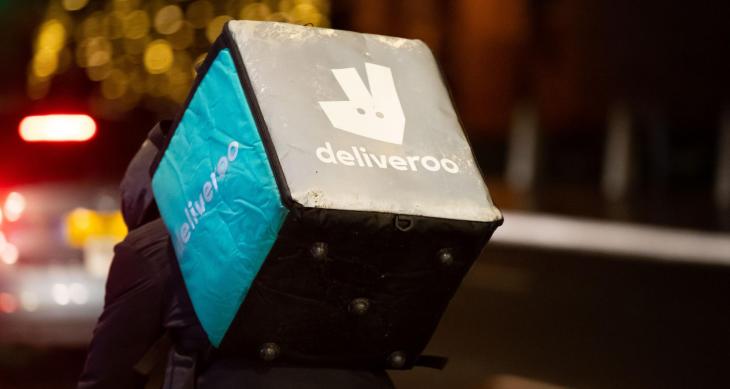U.K. food delivery gig platform Deliveroo has lost a court challenge in France over the “freelancer” status of riders. Reuters reports that the company has been fined the maximum penalty of €375,000 by a Paris court.
Two former execs have also been fined €30,000 and given one-year suspended jail sentences for abusing the country’s labor laws, it reported.
The French litigation dates back to 2018, according to RFI, which reported last year that three former Deliveroo directors had been summoned to a Paris court in March 2022 to answer charges of “not declaring a large number of jobs”.
Claiming self employment/contractor status for the (typically) thousands of workers that gig platforms rely on, per market, to power a core delivery service allows them to shrink their operational costs by avoiding social security payments that are required when workers are designated as employees. However many gig platforms have been accused of abusing this system for years by falsely declaring gig workers are freelancers when they are — in practice — tightly managed and controlled.
Per Reuters, the Paris court found Deliveroo had imposed an almost permanent surveillance and control over riders’ work while they were connected to its app.
Its report quotes Judge Sylvie Daunis describing measures applied by the company to control riders — such as allocating long time slots to ensure weekend coverage and informing those who refused that they would not be allowed to work in the following weeks; and unilaterally changing the criteria under which pay increases were defined or the minimum time needed to be online to qualify as a rider — as “a situation of almost permanent legal subordination”.
In a statement responding to the ruling, a Deliveroo spokesperson told TechCrunch it “categorically rejects this judgement”.
The spokesperson added that it is considering whether to appeal.
“We will read the entire ruling to understand the basis of this decision and will consider appealing,” they said, referencing six earlier decisions by civil courts in France which they said had sided with the company’s position that riders are self-employed, before adding: “These judgements covered the same period that was under consideration by the judge in this case.”
Deliveroo was also quick to try to play down the impact of the ruling.
“Today’s judgement covers an historic period and, therefore, has no direct implications for how Deliveroo works with riders today in France or any other market,” said the spokesperson. “Deliveroo’s model has since undergone several changes in order to meet the expectations of riders who want to be independent.”
In the statement, the company further claimed it has “always operated in a clear and transparent manner, always with the intention of adhering to applicable laws”, adding that it “remains committed to the French market and will continue to operate with a model that offers independent workers a flexible and well-paid job opportunity”.
Deliveroo has fended off a number of challenges to the employment status of riders in France and elsewhere, including on home turf, in recent years. Although it did also previously lose a challenge in France in early 2020 — but that ruling was reversed on appeal.
In Spain, where Deliveroo had been operating alongside a number of competitors (including local giant Glovo; now owned by German rival Delivery Hero), the company opted to exit the market entirely in November last year — following a reform of local labor laws targeting delivery platforms to try to address the problem of bogus self-employment which requires platforms to classify delivery workers as employees by default.
European Union lawmakers are also in the processing of agreeing legislation that will set a minimum standard for platform workers in areas like pay, conditions and social protections — which is set to apply across the bloc in the coming years, putting hard limits on how gig platforms will be able to operate in the region.
The full detail of the reform will depend on the EU’s co-legislative process, as well as national interpretation (as the directive gets transposed into local law), but the Commission proposal (PDF) sets out a rebuttable presumption of employment for workers on digital labor platforms — based on a set of defined criteria related to how work is controlled by a platform (e.g. by setting the level of pay, putting binding rules on conduct, via the supervision of performance and limits on freedoms to organize how work is done etc.), rather than whatever relationship contracts a platform might try to claim.
An impact assessment in the EU proposal suggests the change could result in between 1.72 million and 4.1 million people who are providing services through platforms being reclassified as workers.
Notably, the EU’s approach is not intended to downgrade any national laws that seek to go further. Rather legislators say they want to set a floor — which means that local laws (like Spain’s) will not be rowed back. And — at a minimum — it will be up to gig platforms operating in the EU to challenge the presumption of employment introduced by the Directive, thereby flipping the legal burden that currently falls on gig workers to challenge a platform-imposed self employment status.
While the U.K. is no longer a member of the EU, Deliveroo still operates in a number of markets in the bloc, including France, the Netherlands, Belgium, Ireland and Italy, where the Directive will apply.
